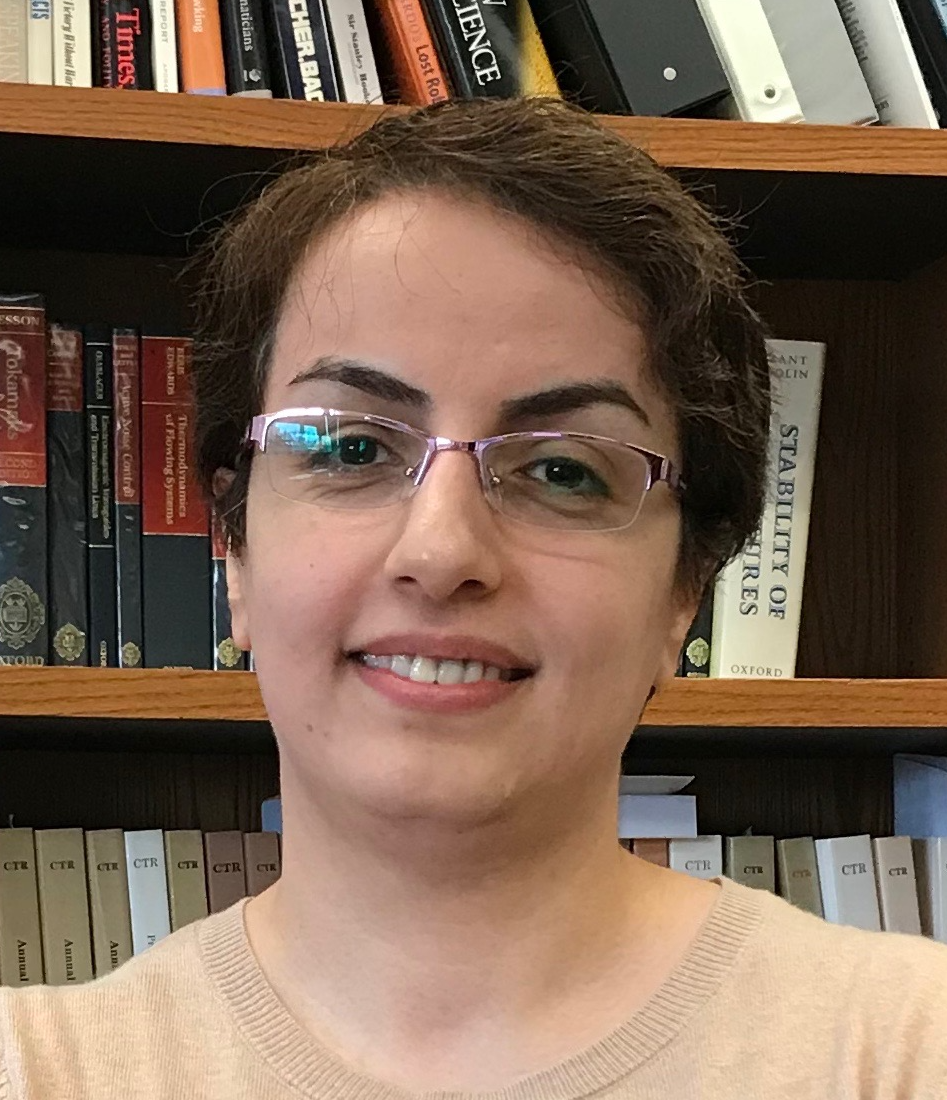FSU professor and population geneticist Peter Beerli and mathematician Somayeh Mashayekhi, assistant professor at Kennesaw State University (GA), have been awarded a National Science Foundation grant that will help them study how to curb the effects of pathogens or improve the survival of endangered or commercially exploited species. Their research proposal focuses on and challenges the assumption that number of offspring in species remains constant across generations and is independent of the environment; the resulting improved population modelling will increase accuracy and decrease bias of population size estimates.

Natural populations live in heterogeneous environments, and individuals in these populations have different chances to produce offspring. In contrast, current inferences of population genomic data are coalescence-based and assume environmental homogeneity within a population. Additionally, the commonly used coalescent framework assumes a variance of relatively narrow numbers of offspring.
“These assumptions sometimes lead to interesting disconnects between theoretical expectations and observations. For example, the genetic variability of a population may suggest there are some number of individuals, but observational data show that there are many more individuals than the theory allows,” Beerli said.
The grant will help Beerli and Mashayekhi study the effect of dissimilarities in offspring production of a population using a new theoretical framework that can handle heterogeneity. These new methods will be incorporated into Beerli’s widely-used open-source computer software, MIGRATE. MIGRATE uses genomic data to infer population genetic parameters, such a population size, immigration rates, and population divergence times.

Beerli is enthusiastic about this work and about continuing the collaboration with Mashayekhi who was a postdoc in his group before she moved to Kennesaw State. “I hope this is a long and fruitful collaboration. We envision that our method - the fractional coalescent - may lead to many improvements of the standard population genetic theory.”
Beerli and Mashayeki’s grant, Reproductive heterogeneity in the structured coalescent framework, was funded by the National Science Foundation through DBI, the Division of Biological Infrastructure. The division advances fundamental biological research to transform the future by investing in innovation and capacity-building cutting edge research infrastructure for fundamental biological science.
For more on Beerli, go to peterbeerli.com
For more on the NSF grant awarded to Beerli and Mashayekhi, go to FSU News.

